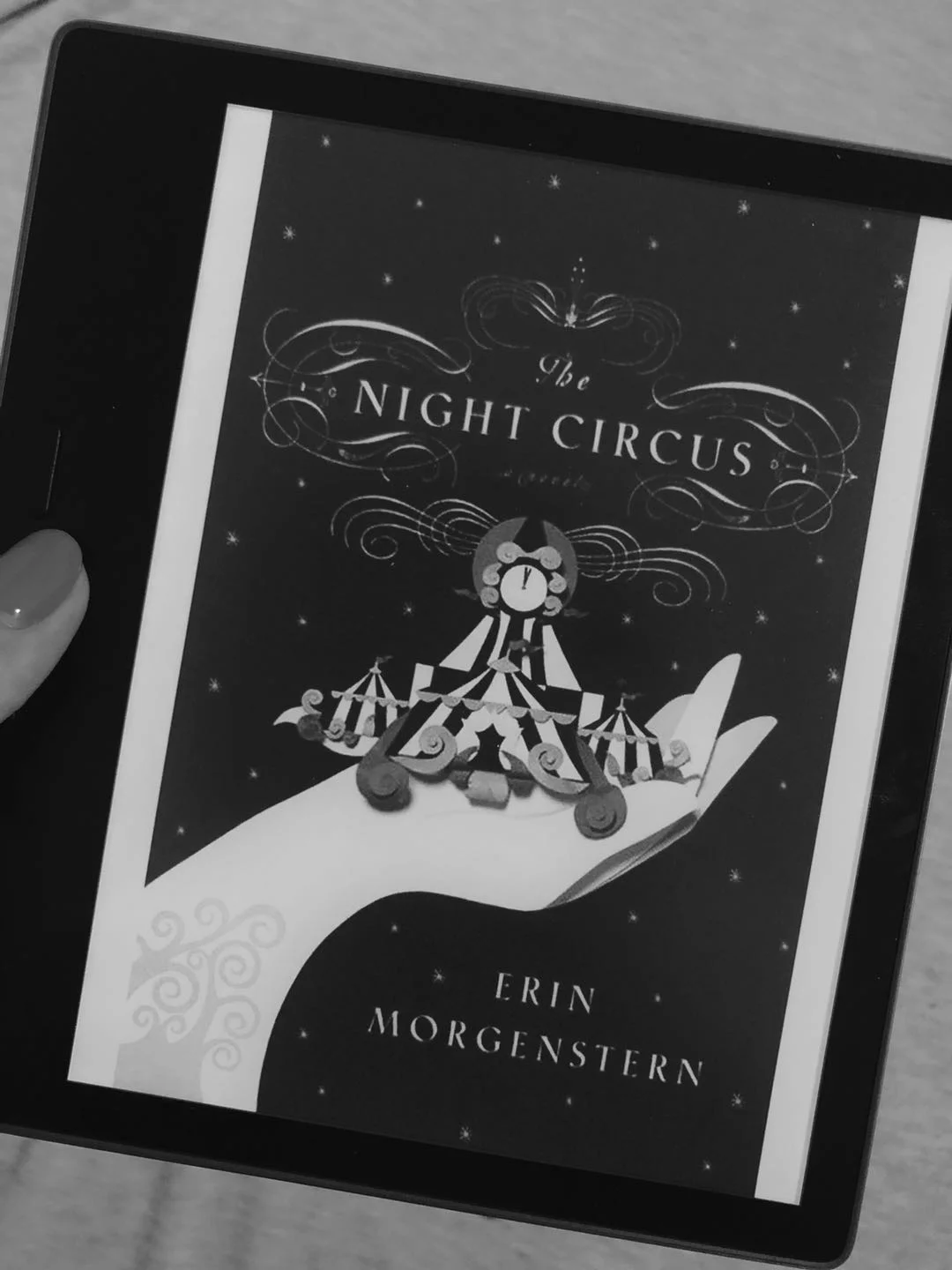Don Quixote by Miguel de Cervantes
“When life itself seems lunatic, who knows where madness lies? Perhaps to be too practical is madness. To surrender dreams — this may be madness. Too much sanity may be madness — and maddest of all: to see life as it is, and not as it should be!”
Don Quixote chronicles the picaresque adventures of a sane madman and wise fool in seventeenth century Spain. The narrative moves from philosophical speculation to broad comedy, taking in pastoral, farce, and fantasy on the way.
The protagonist is an old Spanish man who was obsessed with chivalric romances, that he loses his sanity and decides to roam the country as a knight-errant. While doing so, some of those he met, hearing about his insanity, played various tricks on him, some amusing and some cruel.
I believe as a kid we’ve all read the children version of this classic. Over the years, never once in my mind thought about reading an adult edition. It was during my exchange in Tokyo, when my friends and I frequent Don Qujote (ドン・キホーテ), a discount chain store in japan, which then reminded me of this book.
I invested hours in this 1000+ page edition (Ormsby unabridged) as I wonder whether an abridged edition would be able to precisely convey the overarching message, instead of deteriorating into a string of semi-comic episodes.
Now I can say that Don Quixote is indeed Cervantes’ magnum opus. Though reading the first four hundred pages was a tedious slog through page after page of asinine dialogues and seemingly irrelevant episodes; things do pick up eventually, maneuvering the readers to a purpose beyond entertainment.
Outwardly, the fiction strikes one as an attempt to satirize the bizarre adventures of bold knights. And I believe most people’s impression of Don Quixote is also of an insane knight’s ludicrous attempt to knock down windmills. Yet, the real purpose of Don Quixote is not a derision but a celebration of chivalry. The protagonist’s unwavering commitment to courtesy, justice, and honor were acknowledged by those around him—even the ones who previously belittled his insane behaviour.
Don Quixote, albeit ridiculous, is a man of honor. Quixote's desire for the world to be a place of exciting adventures and concerned with high moral virtues, made him an imaginative person. And it is this imagination, made world a better place.
Humans have always been doing this: Placing their hopes into the imaginations and arts. On September 11th, I read a news about how Blaine Hodge, an enthusiastic fan of the anime “My Hero Academia”, saved a woman’s life from a machete wielding man. Just to provide more context, My Hero Academia is an anime about a seemingly cowardly guy who will instinctively step in to save anyone when help is called, despite being the weakest of all. So our hero Blaine is just like Don Quixote, influenced by imagination, but made it into a reality. This is the power of art.
And now back to the story. The interplay between this Quixote’s imagination and the reality depends on the rendering of the solidity of master and servant. It is heartbreaking to read phrases like Quixote's sorrowful face, his broken teeth, his dirty chamois underwear, which form a bitter contrast between the fantasies and harsh reality. While Quixote's fancy often led him astray, he never gave up his honour and dignity.
On Quixote’s deathbed, he regained his sanity and renounces the absurdly chivalric lifestyle he has led. Yet, here comes a plot twist, the villagers who had mocked him and tricked him into homecoming told him he is the Knight of La Mancha and must continue to be so. Despite all the derisive jests they have hurled at him over the years, they couldn’t deny that it was Quixote who inspired them to look at the world differently.
What is madness?
Maybe, there is no such thing as madness as long we learn to look at things from infinite perspectives.
———
Some quotes:
“It is one thing to write as poet and another to write as a historian: the poet can recount or sing about things not as they were, but as they should have been, and the historian must write about them not as they should have been, but as they were, without adding or subtracting anything from the truth.”
“I do not deny that what happened to us is a thing worth laughing at. But it is not worth telling, for not everyone is sufficiently intelligent to be able to see things from the right point of view.”
“To think that the affairs of this life always remain in the same state is a vain presumption; indeed they all seem to be perpetually changing and moving in a circular course. Spring is followed by summer, summer by autumn, and autumn by winter, which is again followed by spring, and so time continues its everlasting round. But the life of man is ever racing to its end, swifter than time itself, without hope of renewal, unless in the next that is limitless and infinite.”



